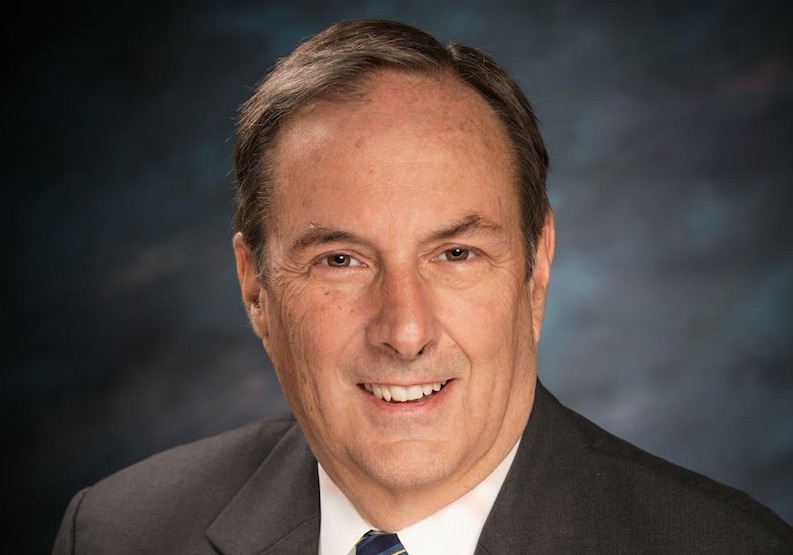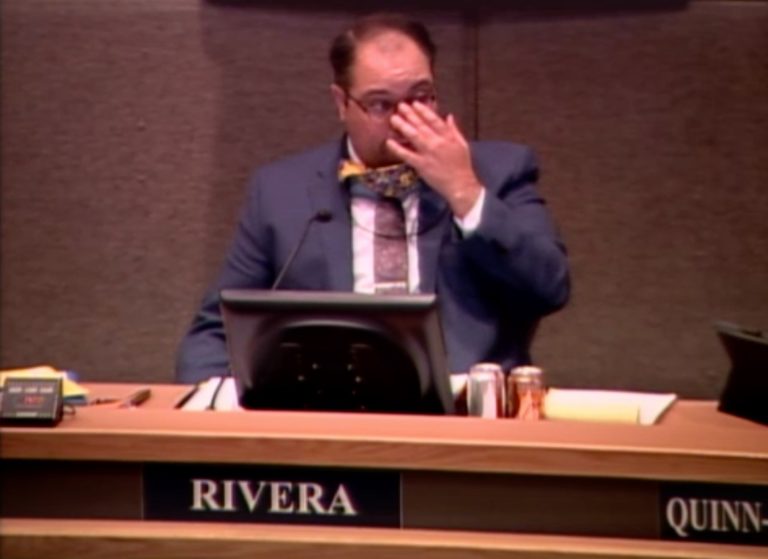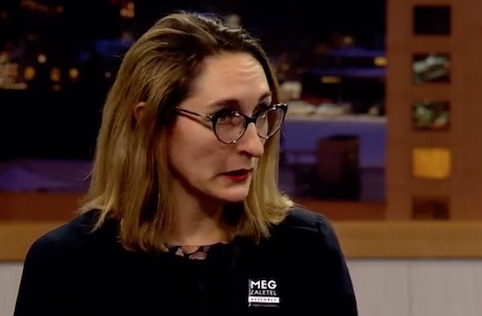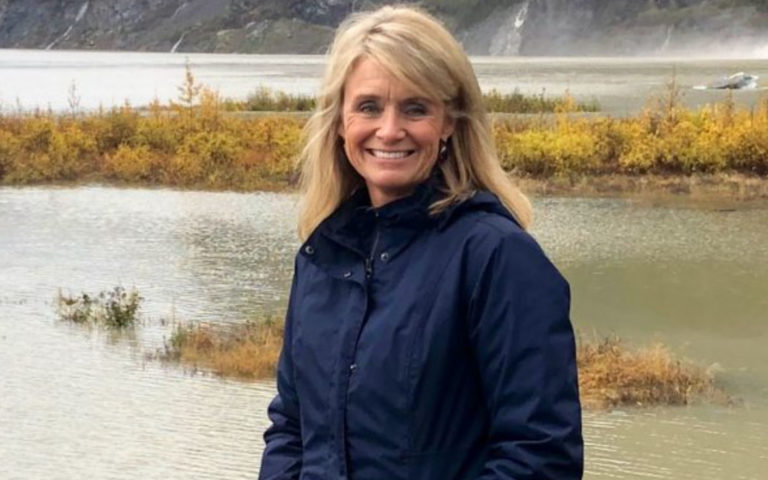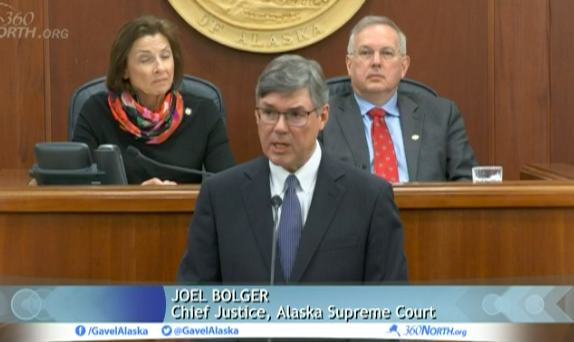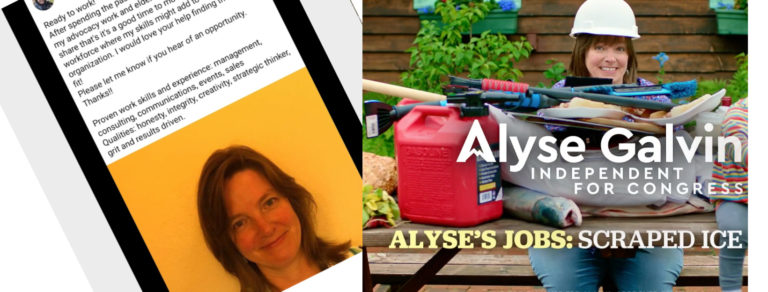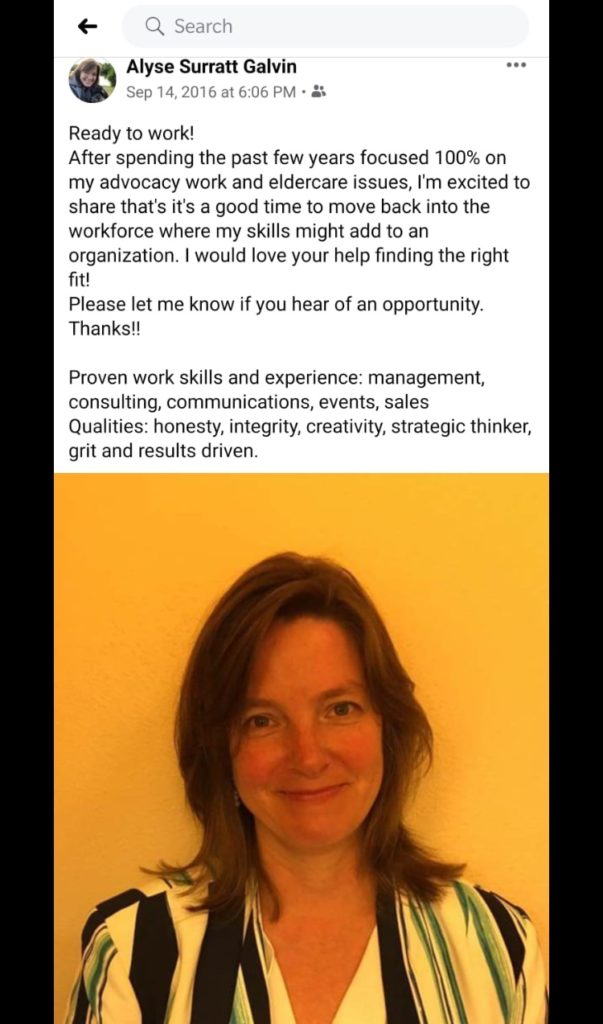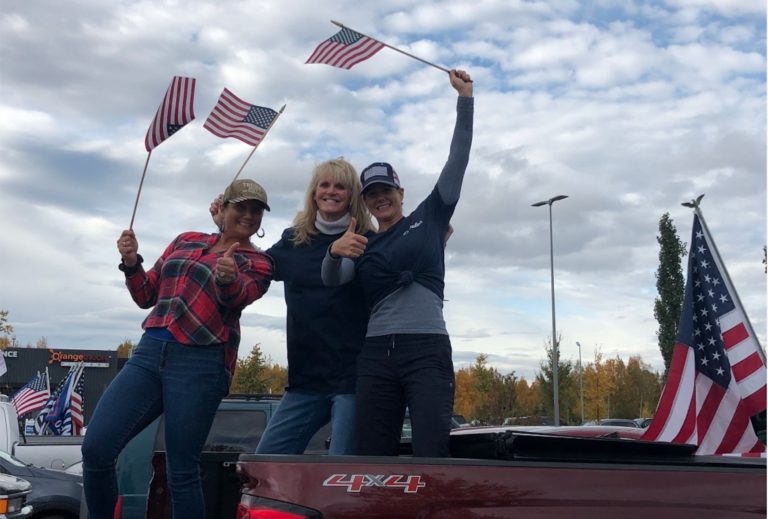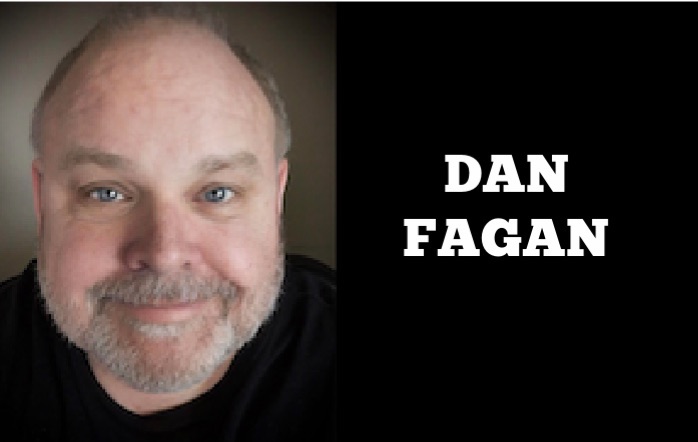By CRAIG CAMPBELL
I was out on my deck the other day, a nice fall afternoon in Eagle River, enjoying the beautiful view of autumn leaves changing to a brilliant yellow and gold, with Hiland Mountain rising just behind my property, and the vast Eagle River Valley stretching out to Goat Mountain, some 6,450 feet above sea level in the Chugach Mountain Range.
Here it was, the end of September and it was 60 degrees at my house. This place is awesome.
Eagle River Valley is a special place in the Anchorage Bowl. Carved by glaciers, the valley runs 12 miles out to the Eagle River Nature Center and then another 15 miles along the Eagle River to the Eagle River Glacier. Mountains rise on both sides of the riverbed. Wildlife galore.
And to think that 10,000 years ago this entire valley lay beneath a massive sea of ice, connected to the Eklutna Glacier, Knik Glacier, and Matanuska Glacier with those across the Cook Inlet, like Capps and Triumvirate Glaciers, covering the Anchorage Bowl.
Forty years ago you could set your calendar by the first appearance of Termination Dust that brushed the peaks of the Chugach Mountains in Anchorage.
Every year, in the second half of August, the first signs of snow would appear in Anchorage on the tips Wolverine Peak, usually following a cold rain.
However, I’ve noticed there’s been no August Termination Dust in over a decade. In fact, as I looked out from my deck, there was no sign of snow on Hiland, Baldy, or any mountain peak.
Here it is, almost October and no snow on “them there” mountains. How could this be? The answer is simple and can be found in science. The Earth is warming.
Alas, my good liberal friends will declare, he has finally come over to our side in understanding the perils of climate change. Maybe now we can get him and his ilk to take notice and implement our drastic measures to save the planet. Time is of the essence. We must pass the Green New Deal right now they shriek. Follow the Eco-Messiah Greta Thunberg as she proclaims at the 2019 United Nations Climate Action Summit, “How Dare You? You are failing us. But young people are starting to understand your betrayal. And if they choose to fail us, I say: We will never forgive you!”
Such garbage. Grow up kid. You want to follow the science, than here it is.
The Earth is constantly undergoing changes. Changes that impact the global climate include the distance of the Earth to the sun (it is not constant), ocean currents, volcanic activity (guess what, Alaska is directed situated along the volcanic Pacific Rim), and atmosphere (low levels of greenhouse gases can cause the Earth to cool).
Over the course of millions of years, the Earth has experienced at least five major ice ages. The Huronian ice age lasted from about 2400 to 2100 million years ago while the Cryogenian ice age occurred from 850 to 635 million years ago.
We are currently living in an interglacial stage of the Quaternary ice age which started around 2.5 million years ago and is still going.
Guess what? Between these ice ages, the Earth warmed and ice melted, as we are seeing now in this current ice age. Libs, take a breath. I know factual science hurts your heads when it conflicts with your story line.
During the Late Glacial Interstadial period, the sea level was significantly lower than today due to sea ice being frozen in large sheets across the region and human populations were able to migrate from Eurasia (todays Russia) to North America (Alaska) using the dry Beringa land bridge.
The Last Glacial Maximum was the most recent time that ice sheets were at their greatest. Permanent summer ice covered about 8% of Earth’s surface and 25% of the land area. 95% of Alaska was covered with ice. This was 10,000 years ago. It has been warming ever since.
We are told that humans are the main contributor to global warming. Balderdash. Earth’s climate has been warming and cooling for millions of years before the invention of the internal combustion engine and the use of fossil fuels. The fact is, the industrial age has had a minuscule impact on global temperatures changes.
The United States has one of the cleanest environments in the world. We are good custodians of this planet. Proof is in the science. The air and waters of America are substantially cleaner today than they were just 50 years ago and through innovative technology, we are continuing to improve the environment while simultaneously sustaining the most economically successful nation in history.
Regardless of the Left’s rhetoric on global warming, we cannot stop the Earth’s climate from changing. The nonstop screaming at us that we must act now or the Earth will die is actually just another tactic to control us, to force us to give up our wealth, our freedom, and our future.
Don’t let them get away with this destruction of America.
So here I am back on the deck. Still no snow on the mountains. That’s OK by me. Were it not for global warming over the past 10,000 years, the land my house sits on, as well as every other house (your house, too) and structure in Anchorage would still be under deep, deep ice.
The climate is going to continue changing, regardless of human efforts. We cannot stop global warming, or cooling for that matter. Stop believing the false narrative pushed by liberals to generate fear and guilt that if you don’t drive an electric car, don’t use public transportation, fly in an airplane, eat red meat, don’t use only solar and/or wind power, and don’t immediately end the use of fossil fuels you are responsible for killing the planet. That’s pure liberal crap.
Time to flip the steaks on my outdoor charcoal grill before they are overcooked. God, I love living in Alaska.
Craig E. Campbell served on the Anchorage Assembly between 1986 and 1995 and later as Alaska’s Tenth Lieutenant Governor. He was the previous Chief Executive Officer and President for Alaska Aerospace Corporation. He retired from the Alaska National Guard as Lieutenant General (AKNG) and holds the concurrent retired Federal rank of Major General (USAF).
